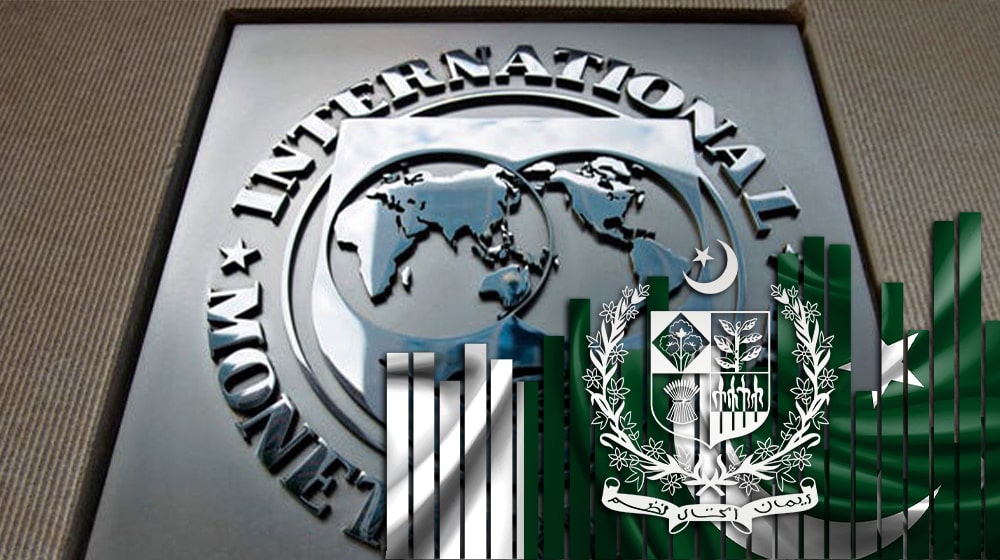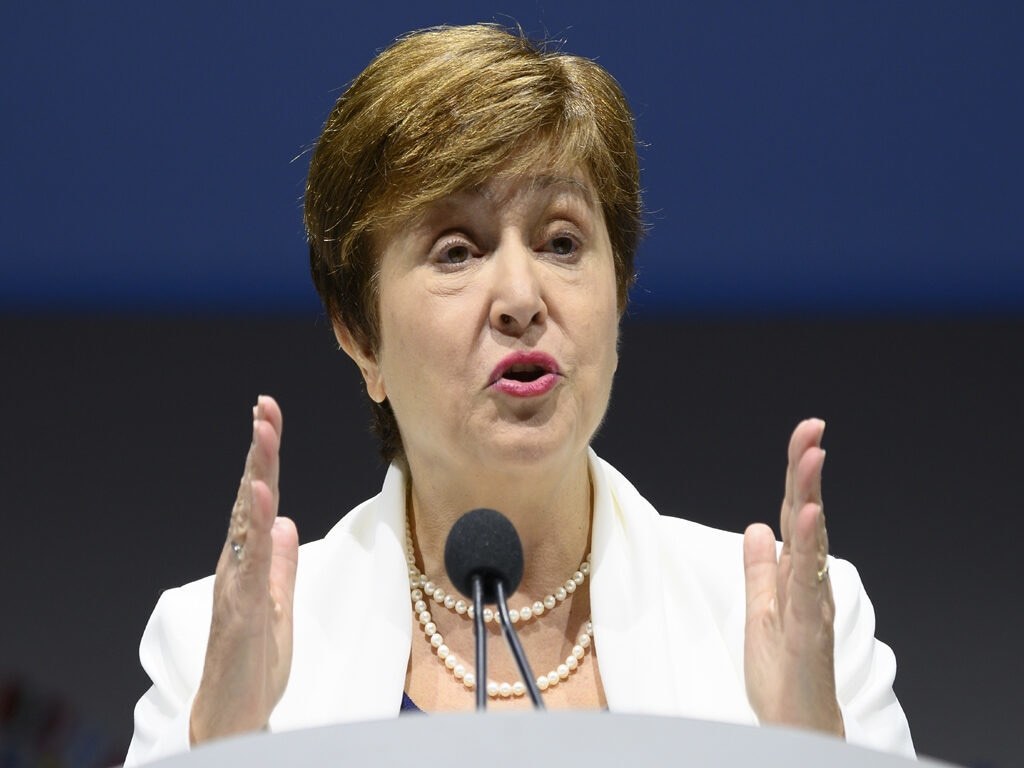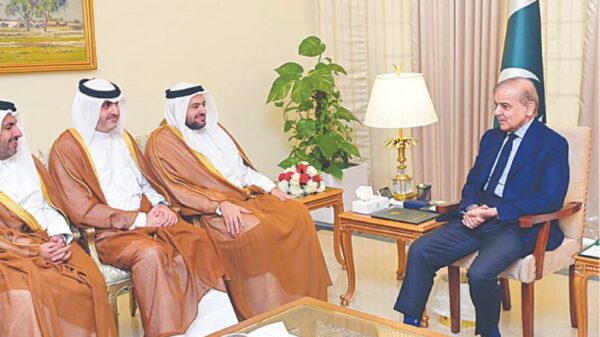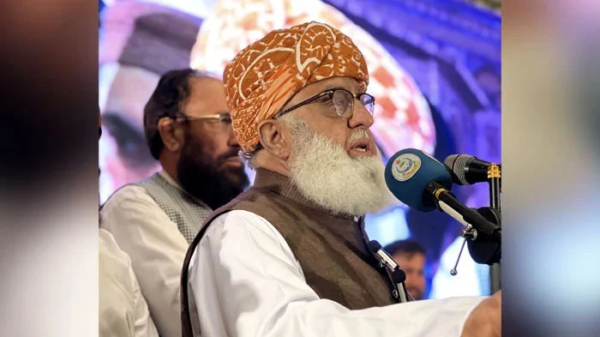IMF lists challenges
ISLAMABAD: The IMF has revised its earlier press statement about the executive board’s approval of a loan for Pakistan. In the revised statement, the managing director of IMF has listed major challenges Pakistan can face in 2023-24.
Following the IMF’s Executive Board discussion, Kristalina Georgieva, Managing Director and Chair issued the following observation about Pakistan.

“Pakistan’s economy was hit hard by significant shocks last year, notably the spillovers from the severe impacts of floods, the large volatility in commodity prices, and the tightening of external and domestic financing conditions. These factors together with uneven policy implementation under the EFF combined to halt the post-pandemic recovery, sharply increase inflation, and significantly depleted internal and external buffers. The authorities’ new Stand-By Arrangement, implemented faithfully, offers Pakistan an opportunity to regain macroeconomic stability and address these imbalances through consistent policy implementation.”
“The authorities’ FY24 budget, which targets a modest primary surplus, is a welcome step toward fiscal stabilization. The anticipated improvement in tax revenues is critical to strengthen public finances and eventually create the fiscal space needed to bolster social and development spending. Maintaining discipline over non-critical primary expenditure will be essential to support budget execution within the envisaged envelope. In parallel, the authorities urgently need to strengthen energy sector viability by aligning tariffs with costs, reforming the sectors’ cost base, and better-targeting power subsidies. Looking beyond this fiscal year, enhanced efforts to expand the tax base and improve public financial management, including in the delivery of quality infrastructure, are needed and increase progressivity and efficiency.”
“The recent increase in the policy rate by the SBP is appropriate given the very high inflationary pressures, which disproportionately impact the most vulnerable. A continued tight, proactive, and data-driven monetary policy is warranted going forward. A market-determined exchange rate is also critical to absorbing external shocks, reducing external imbalances, and restoring growth, competitiveness, and buffers. Close oversight of the banking system and decisive action to address undercapitalized financial institutions would support financial stability.”
“Accelerating structural reforms to build climate resilience, enhance safety nets, strengthen governance, including of state-owned enterprises, and improve the business environment by creating a level-playing-field for investment and trade are necessary for job creation and raising inclusive growth.”
IMF board approves loan
On Wednesday, the Executive Board of the International Monetary Fund (IMF) approved a 9-month Stand-By Arrangement (SBA) for Pakistan for an amount of SDR2,250 million (about $3 billion, or 111 percent of quota) to support the authorities’ economic stabilization program.
The arrangement comes at a challenging economic juncture for Pakistan. A difficult external environment, devastating floods, and policy missteps have led to large fiscal and external deficits, rising inflation, and eroded reserve buffers in FY23.
Pakistan’s new SBA-supported program will provide a policy anchor for addressing domestic and external imbalances and a framework for financial support from multilateral and bilateral partners.
The program will focus on:
(1) The implementation of the FY24 budget to facilitate Pakistan’s needed fiscal adjustment and ensure debt sustainability while protecting critical social spending;
(2) A return to a market-determined exchange rate and proper FX market functioning to absorb external shocks and eliminate FX shortages;
(3) An appropriately tight monetary policy aimed at disinflation; and
(4) Further progress on structural reforms, particularly regarding energy sector viability, SOE governance, and climate resilience.
The Executive Board’s approval allows for an immediate disbursement of SDR894 million (or about US$1.2 billion). The remaining amount will be phased over the program’s duration, subject to two quarterly reviews.
I am an experienced writer, analyst, and author. My exposure in English journalism spans more than 28 years. In the past, I have been working with daily The Muslim (Lahore Bureau), daily Business Recorder (Lahore/Islamabad Bureaus), Daily Times, Islamabad, daily The Nation (Lahore and Karachi). With daily The Nation, I have served as Resident Editor, Karachi. Since 2009, I have been working as a Freelance Writer/Editor for American organizations.










